1. Leaving Holiday Decorations Up Too Long

Everyone loves a cheerful holiday display, but there’s a point where it can cross from festive to frustrating. Neighbors often expect decorations to come down within a few weeks after the season ends. When inflatables or string lights linger for months, it signals neglect more than celebration. It can also affect how tidy the whole street feels, which others may take personally.
The frustration isn’t just about looks, though—it’s about setting a tone for the neighborhood. If one house leaves decorations up forever, it can make others feel pressured to “tolerate” things they’d rather not. That imbalance can stir up resentment. What feels whimsical to one family can feel inconsiderate to the family next door.
2. Overgrown Lawns and Weeds
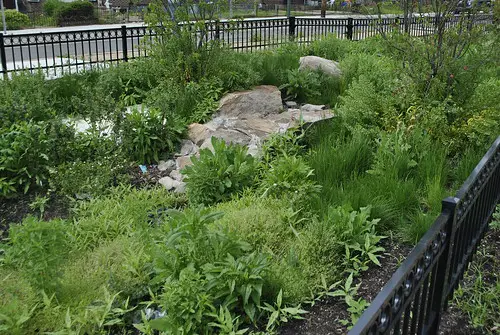
A patchy lawn or tall weeds might not bother you, but many neighbors see it as a sign of disregard for shared standards. Weeds spread easily, so neglect in one yard often creeps into others. Grass left uncut for weeks can also attract pests, which nobody wants nearby. The visual effect is hard to ignore, especially if other homes are well-kept.
While you may think it’s your property, the spillover effects touch everyone. Neighbors may quietly feel their hard work is being undermined by your lack of upkeep. It’s less about judgment and more about fairness and pride in the block. What seems like just a lawn issue can snowball into silent irritation.
3. Bright Outdoor Lighting at Night

Security lights can make people feel safer, but placement and brightness matter. Lights that flood into a neighbor’s windows can make their bedrooms glow like an airport runway. Harsh LEDs left on all night disrupt sleep and privacy. What feels protective to you may feel invasive to them.
It’s a balance between safety and courtesy. Motion sensors or downward-facing fixtures can solve the issue without eliminating security. Neighbors appreciate when you think about how your lighting choices affect them. Ignoring it often leads to whispered complaints or even formal disputes.
4. Loud Water Features

A bubbling fountain or koi pond might feel serene in your backyard oasis. But the constant trickling or motor hum doesn’t always fade into the background for everyone. Neighbors with open windows may hear it day and night. After a while, that sound can become irritating rather than relaxing.
People don’t always realize how far water sounds carry. What seems like a gentle ambiance to you may read as noise pollution to someone else. Some neighbors may avoid bringing it up, but it builds tension quietly. Awareness of volume and timing makes a big difference in keeping peace.
5. Excessive Yard Ornaments

Yard gnomes, statues, or colorful art pieces reflect personality and creativity. But when they multiply, it can feel less like charm and more like clutter. A crowded display may clash with the neighborhood’s overall style. This visual overload can become an eyesore to people passing by every day.
The problem often isn’t one or two items, but the sheer number. When a yard feels more like a roadside attraction, it affects everyone’s perception of the block. Taste is subjective, but excess rarely goes unnoticed. Neighbors may not say anything directly but will quietly wish for more restraint.
6. Blocking Views with Tall Structures
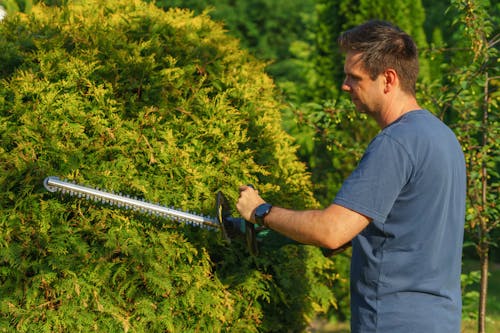
Planting tall hedges or installing oversized fences can make your space feel private. But it can also cut off a neighbor’s sunlight, airflow, or scenic view. That’s especially sensitive if their property value depends on it. Losing a beloved sightline can feel like a personal offense.
These structures change the shared environment, not just your lot. Even if permitted by law, they can spark resentment if they feel unfairly imposing. A neighbor may interpret it as you turning your back on the community. What solves your privacy issue may create their frustration.
7. Letting Trash Bins Linger at the Curb

Putting bins out on collection day is expected, but leaving them there for days can raise eyebrows. It makes the whole street look disorganized. In windy conditions, lids pop open and trash scatters, creating even more headaches. To others, it signals a lack of care for the neighborhood’s appearance.
Neighbors who are diligent about bringing bins in quickly may feel slighted. They may wonder why they should put in effort if you don’t. The imbalance can feel unfair, even if unintentional. Small actions like this often create bigger frustrations over time.
8. Overusing Chemical Lawn Treatments

A lush, green lawn can feel like a badge of honor. But heavy chemical use comes with downsides that neighbors notice. Fertilizer runoff can spread to nearby yards, and pesticide drift can affect gardens and pets. Strong chemical smells are hard to ignore, especially during warm evenings outside.
Some neighbors may also have health or environmental concerns. They may not want their kids or pets exposed when playing nearby. Even if your lawn looks pristine, the method can cause tension. Being transparent or exploring eco-friendly options goes a long way.
9. Letting Pets Roam Freely

Cats or dogs wandering into neighboring yards may feel harmless to you. But not everyone wants animals digging in flowerbeds or leaving waste behind. For people with allergies or nervous pets, it can be especially stressful. Even the friendliest animal can cross boundaries unintentionally.
Neighbors usually don’t mind a brief escape, but repeated incidents wear thin. It puts the burden on them to deal with a situation they didn’t create. Over time, this can sour otherwise friendly relationships. Respecting boundaries is key, even when pets don’t understand them.
10. Leaving Projects Half-Finished

Starting a shed, deck, or landscaping project can be exciting. But when construction drags on indefinitely, it becomes a neighborhood nuisance. Piles of lumber, tarps, or tools left in sight signal disorganization. They can also attract pests or create safety hazards.
Neighbors often hope the mess will be temporary, but patience wears thin when weeks turn into months. The constant reminder of unfinished work drags down the look of the street. Even if you’re working hard behind the scenes, it doesn’t always look that way. Communicating progress can help ease concerns.
11. Loud Yard Equipment at Odd Hours
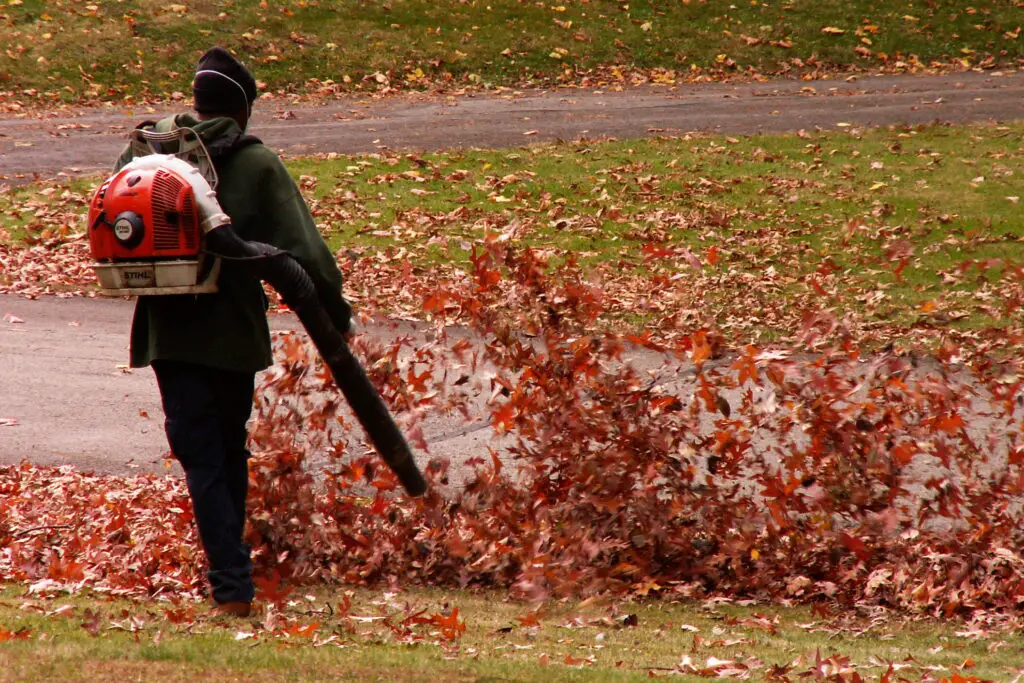
Mowing, leaf blowing, or power washing are normal parts of upkeep. The problem is when they happen too early in the morning or late at night. The sound is hard to ignore and disrupts routines like sleep or work-from-home calls. Neighbors quickly remember who breaks the “quiet hours.”
Many towns even set guidelines for noise timing to prevent this issue. It’s less about the activity itself and more about when it’s done. A simple shift in schedule can keep everyone happy. Ignoring it can create reputations that are hard to shake.
12. Neglecting Shared Fences
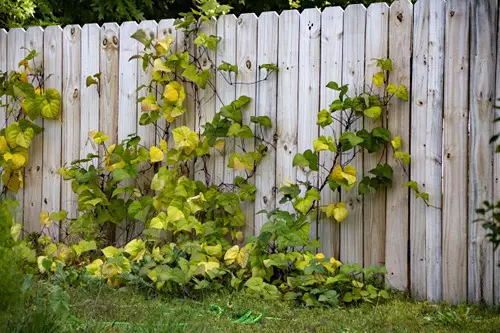
Fences that straddle property lines are usually a shared responsibility. When one side is falling apart, it impacts both neighbors. Broken boards or peeling paint lower curb appeal and create safety concerns. It feels unfair when one person has to shoulder all the upkeep.
Neighbors often hesitate to bring it up, fearing awkwardness. But ignoring it leaves the problem—and the tension—unresolved. It’s not just about money, but about mutual respect. A fence left in disrepair becomes a symbol of neglect in the relationship, too.
13. Using Harsh Landscaping Borders

Rock beds, sharp edging, or invasive plants can all creep across property lines. What’s meant to define your yard may end up damaging someone else’s. Roots or vines don’t respect fences and can cause headaches over time. The spread can lead to extra labor or costs for neighbors.
Even small design choices can feel aggressive if they ignore boundaries. People notice when their garden gets overtaken by someone else’s plants. A simple barrier or regular trimming avoids conflict. Without it, resentment grows quietly alongside the weeds.
14. Fire Pits and Smoke Drift

Backyard fire pits are cozy for gatherings, but smoke doesn’t stay contained. It drifts into nearby windows, clinging to curtains and laundry. For people with asthma or allergies, it’s more than just a nuisance. Even neighbors without health concerns may dislike the lingering smell.
The frequency matters, too—an occasional fire is usually fine, but every weekend can push patience. Some areas even regulate wood-burning for this reason. A little courtesy about timing and weather can go a long way. Without it, a relaxing evening becomes a source of complaints.
15. Ignoring Seasonal Yard Cleanups
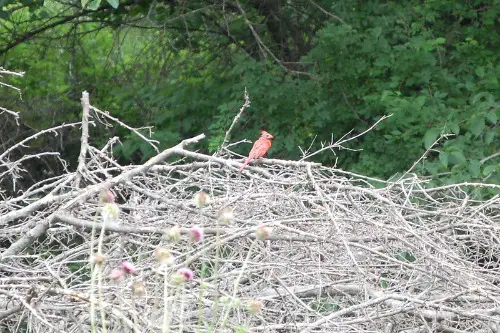
Leaves, branches, and debris pile up fast in certain seasons. If left unattended, they blow into neighboring yards, creating more work for others. Clogged gutters from falling leaves can even affect drainage and shared property lines. Neglect makes it look like you’ve checked out on community upkeep.
For neighbors who keep up with seasonal chores, it feels unfair to handle the overflow. What seems like procrastination on your part creates double duty for them. These are small, fixable issues that make a big difference in harmony. Consistency shows that you care about the shared environment.
This post 15 Yard Décor Habits That Quietly Create Feuds With Neighbors was first published on Greenhouse Black.
